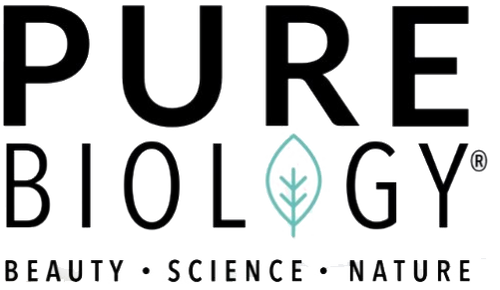Probiotics, the “good” bacteria that live in all of us, help keep our guts healthy. There is a lot of evidence that this good bacteria can support a healthy immune system, help aid weight management, and even improve your mood. But did you know that this helpful bacteria can also lead to clear, radiant skin? Recent ground-breaking studies suggest our gut and our skin are intimately connected, and that if we balance the bacteria in our intestines, we can target specific skin issues like acne, rosacea, eczema, and premature aging.

Gut bacteria control certain immune cells and help manage your body’s inflammatory response, so it can ultimately affect all chronic afflictions, including dermatological ones. Approaching chronic skin conditions from the inside opens up a whole world of possibilities of a long-term cure for skin issues that plague many of us. Imagine controlling breakouts, relieving eczema, and eliminating dandruff by dealing with the root of the issue, your gut health.
To introduce probiotics into your diet, you can start with yogurt, kimchi, sauerkraut, kombucha, fermented protein powder, or a daily probiotic supplement. Start slow and introducing too many probiotics at once can lead to uncomfortable gas. 10 to 15 billion CFU (live strains) per day is ideal. Your gut contains trillions of bacteria, and different strains will address different issues. Certain bacteria strains are good for eczema, like Lactobacillus rhamnosus and Bifidobacteria, while other bacteria can target acne. These probiotics can improve skin conditions by affecting the “gut-brain axis,” and reducing inflammation that is one of the key factors in skin conditions like eczema, rosacea, and acne.
How Can Probiotics Help Give You Clear, Glowing Skin?

Our bodies are home to trillions of microorganisms, the microbes living on us outnumber our human cells, and over 1000 of these species live in your skin, many of them keep your skin healthy by strengthening your skin's barrier against harmful bacteria, and balancing pH levels. Harsh cleansers, antibacterial soap, and a poor diet can throw off your pH balance, and damage your skin’s natural bacterial ecosystem. This can cause chronic skin issues like breakouts, eczema, rosacea, and psoriasis. Even though we’re conditioned to think antibacterial products are good for us, they can often kill the good bacteria as well as the bad. In addition to taking probiotics orally, you can also take other measures to fortify your skin’s microflora.
Avoid scrubbing your face while cleansing, you don’t need to exfoliate every day. Use a gentle cleanser that will help balance your pH, and only exfoliate twice a week. Eating fiber-rich foods like oats, barley, asparagus, and broccoli is also a good way to boost prebiotics. These plant-based fibers can help boost immune function and promote the growth of healthy gut bacteria. And speaking of your gut, take good care of it! Recent studies have suggested there’s a powerful connection between your brain, gut, and skin, so what you put into your body can really impact the appearance and health of your skin. Incorporate a lot of gut-healthy, fermented foods, and beverages into your diet. These foods include kombucha, miso, kefir, yogurt, and sauerkraut, plus a daily probiotic. Taking care of your gut and making sure your flora is balanced and healthy will help nourish your skin from the inside out. You should also limit the use of antibiotics if possible. Overuse of antibiotics can eliminate the good bacteria in your body, and they may also make your body more susceptible to harmful bacteria, and infections.
Digestive Health Could Improve The Appearance of Your Skin

A healthy gut can help keep harmful bacteria in check, in your gut as well as on your skin. Maintaining gut health will also boost your immune system, and the production of anti-inflammatory molecules, which will help fight the inflammation associated with annoying skin conditions like acne, eczema, dermatitis, psoriasis, and rosacea.

SrzuwInxHOcZbmU